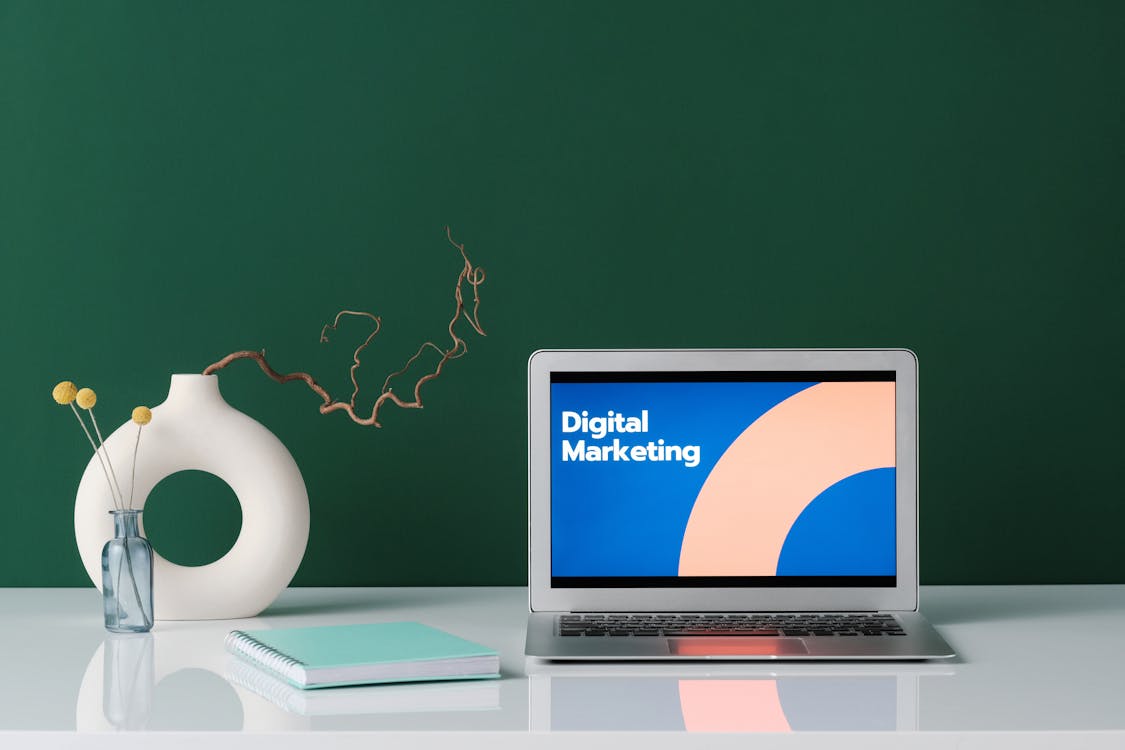In 2023, chances are you’ve tuned into a podcast at least once, considering millions of people worldwide tune into them every day.
You’re reading this because you’re curious about how you could make your own, and you want to get into the nitty gritty of it. This post will take you through exactly what you need to start your own podcast.
A host
First thing’s first, every great podcast has a great podcast host, to guide users through the topics, and be a virtual companion to the audience tuning in.
Whether you choose to undergo this responsibility yourself, or hire someone external, establishing a host is the first and most important step to starting your own podcast. It can make or break your listenership, so be sure to choose wisely.
Qualities that a good podcast host should have include: Energetic approach, well versed and has a good way with words, and (most importantly) knows their way around a specific niche. If you’re a CEO starting your own podcast on, say, the restaurant industry, it may be good to consider yourself or a head chef as one of the hosts, for example.
A studio set up and engineer
Now a podcast isn’t just about interesting topics to stimulate the mind, the quality of your audio also matters. This applies to both your choice of microphone, as well as the overall studio you record in.
Picking a good microphone is key, you want one that is suitable for recording conversations clearly and concisely. Regarding your studio, you want to make sure the room is sound-proofed (to avoid echoes), and you have everything you need to record sound accordingly.
This includes: Microphone (or a few of them), audio software (such as Logic or Ableton), sound proofing, and an audio processor to connect your microphone to your PC and software. The investment into this can cost anything from $1000-$2000, depending on the options you choose.
After that’s all accounted for, you also need an audio engineer to work through the recorded audio, clean it of out-of-place breaths, and other undesired sounds that can be picked up when recording. Alternatively, you can learn audio production for yourself, which in itself is quite the time investment.
Initially you may be better off hiring a studio to record your podcast audio, that way you also get an audio engineer to clean it up so it’s ready for distribution, recording is only half the battle, after all.
Expertise in a specific niche
One thing that doesn’t require anything related to money, is having expertise in a specific niche. As a podcast, you will be the representative of a niche, be it pop culture, the world of history or science, to name a few.
That being said, to stay relevant and appear legitimate to a new audience, you need to effectively be an expert in a niche, or at least familiar enough to talk about it and stimulate the minds of the audience you’ve attracted for that niche.
This is a key part of starting your own podcast, and this is one you initially need to have in the bag prior to starting, if you intend to be in it for the long-term.
Social media knowledge
If you wish to start and maintain a successful podcast, you need to have some sort of applicable social media knowledge. Be it how hashtags work, or even the basics of knowing how to create a social media calendar and roll out content relative to your podcast, which could be snippets of a longer-form video, or even pics of the behind-the-scenes process.
Not only that, but also understanding which platforms are best for you and your audience. If you’re a corporate company talking about topics that include a lot of jargon, you may be better off on Linkedin, or alternatively, if you have a podcast on true crime or even pop culture, you may be better off on platforms such as Instagram or Tiktok.
It’s important to know how social media works, especially if you plan to utilise it as a promotional tool for your podcast. And if you don’t already know the ins and outs of social media, get to know!
Bonus: Camera setup
Did you know that YouTube is the preferred platform for podcast creators? This may come as a surprise considering that podcasts are a means of audio-based media, but the fact remains, podcasts that pair well with a video go even further!
You may want to consider creating a podcast with a visual focus, that way you can personalise it a lot more with your audience. Not only that, but this goes hand in hand with the point about knowing social media; with video content you can create clips, and with those clips you can drive even more traffic to your podcast, all from a couple of clips taken from a larger video.
That being said, cameras in themself are a whole other investment, something to consider when debating whether or not you want to pursue a video-based podcast.
What you need to start your own podcast
Starting your own podcast isn’t a one-size-fits-all approach, and you certainly don’t need to tick everything off the list at once.
It’s important to consider your options, take your time understanding your niche and planning content ideas, as well as learning how social platforms work, prior to investing into a studio and camera equipment.
And don’t rush it! So what if you don’t yet have a studio, book one for the time being and then work to invest in your own once you’re aware of the costs and everything you need.
Remember, the very best podcasts are the ones that are engaging and knowledgeable in the topics they cover, if you incorporate this into your strategy, you’ll be well on your way to success.



